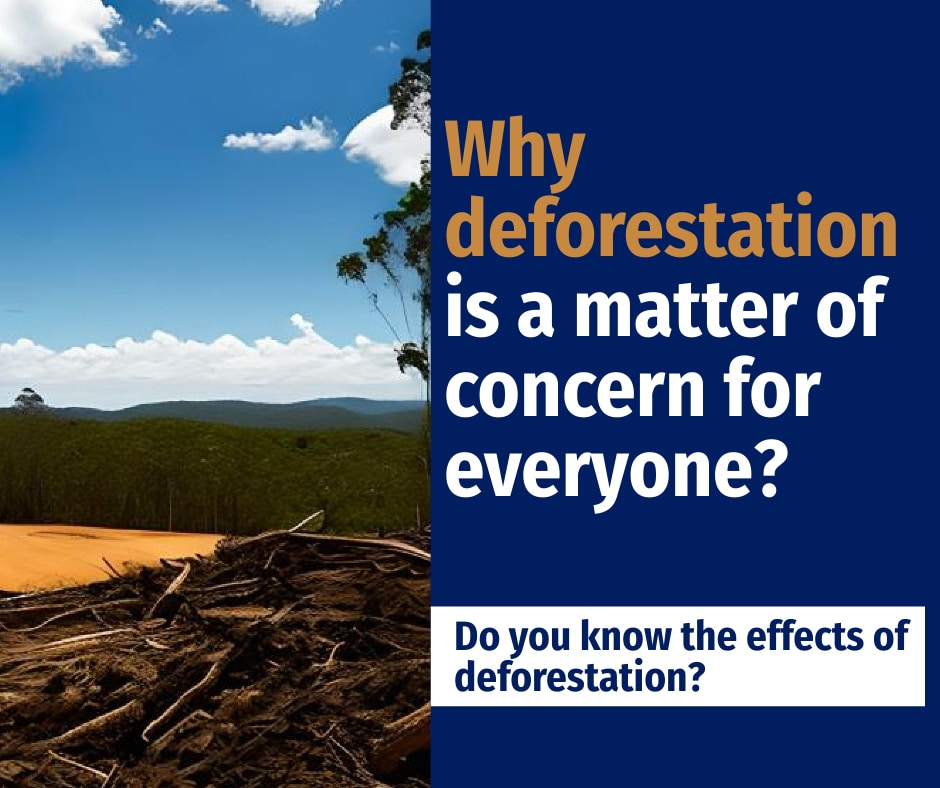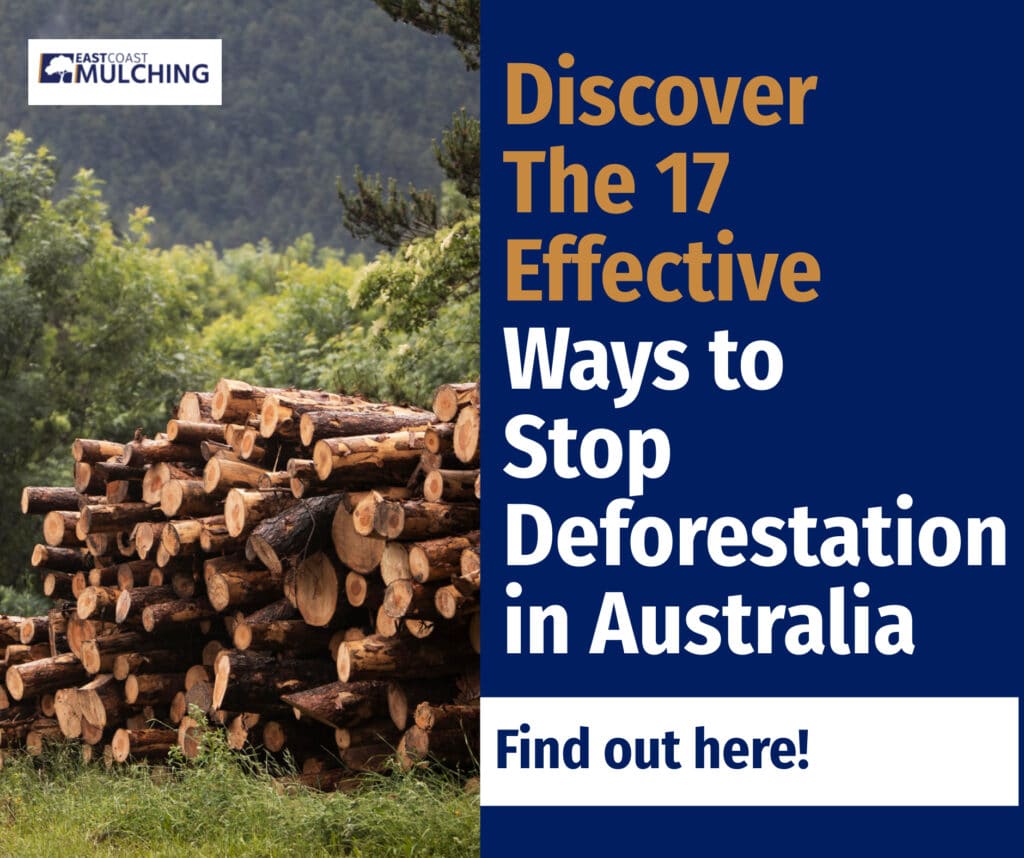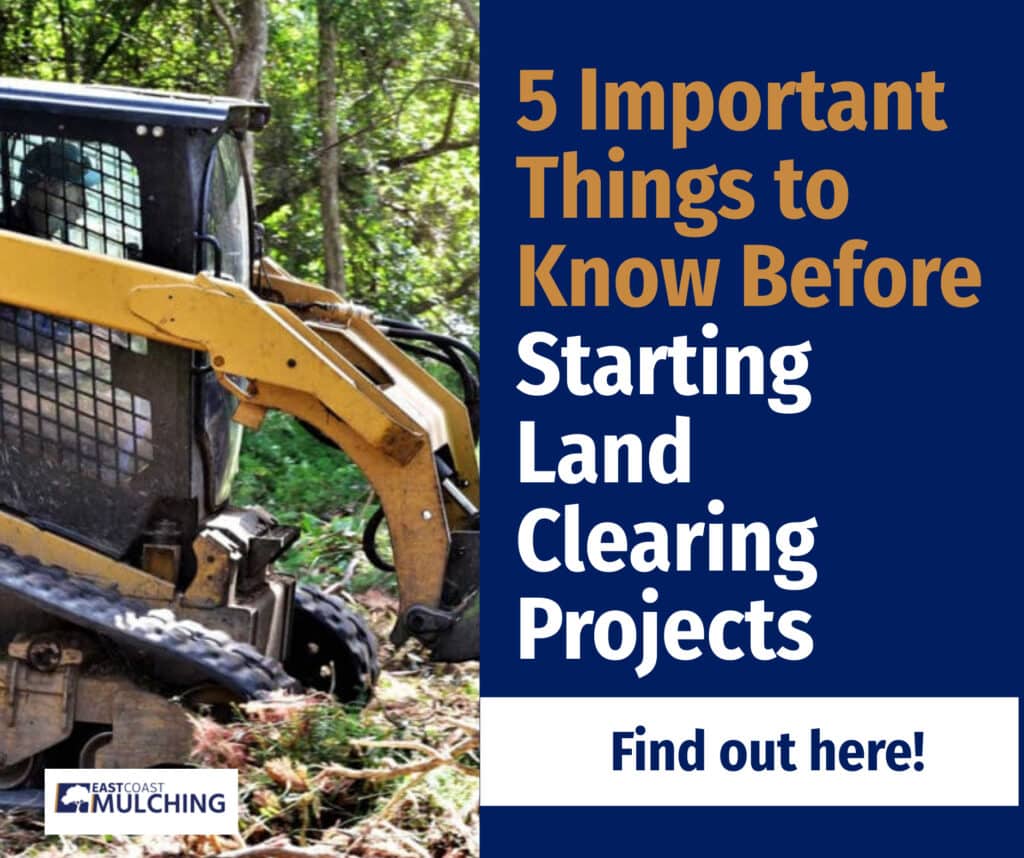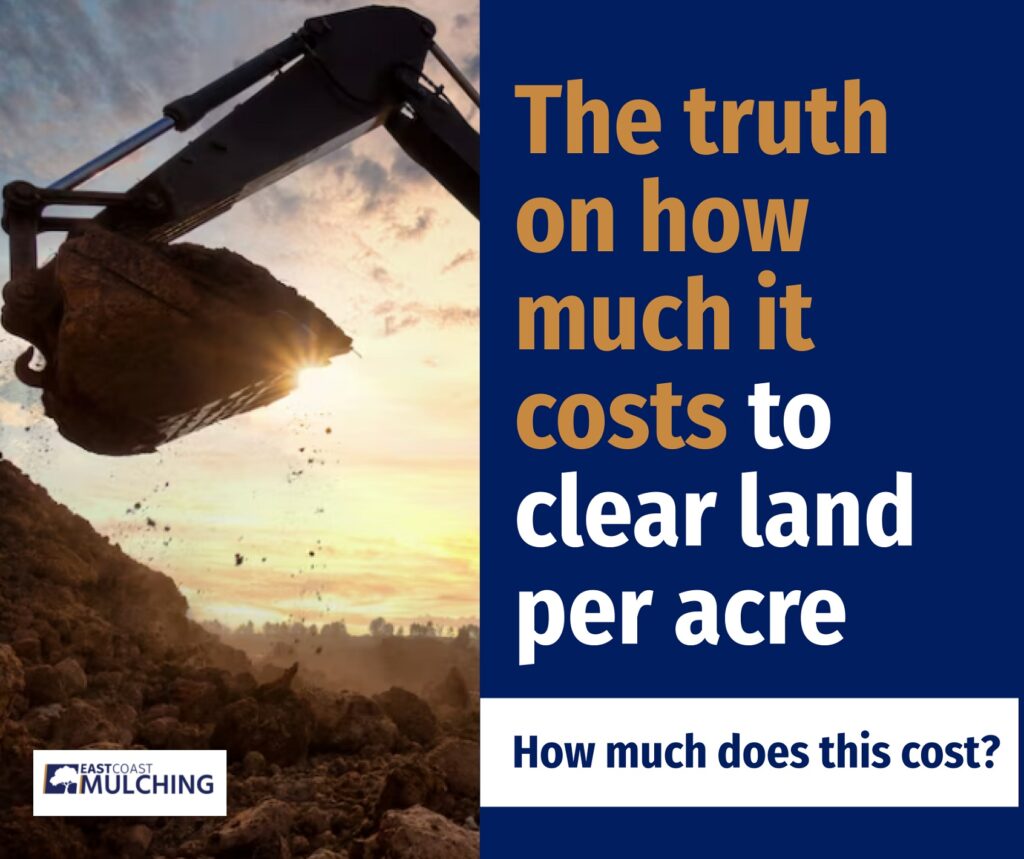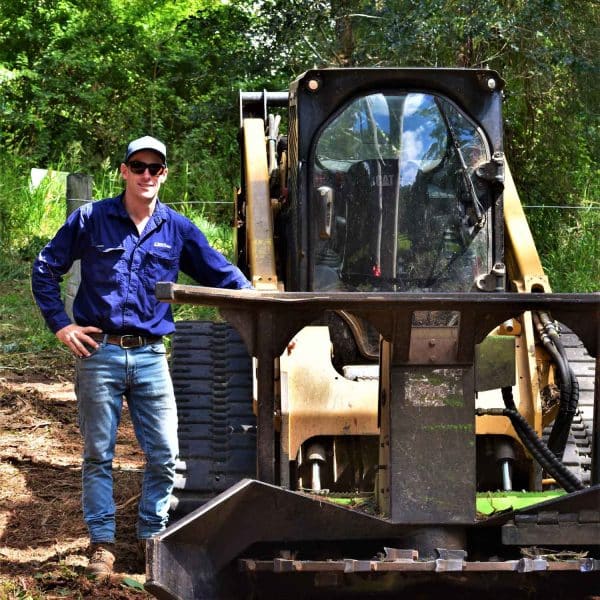One of the most pressing environmental concerns globally is deforestation. The impacts of deforestation are manyfold. Habitat loss leads to increased extinction rates among vulnerable species. Forest loss causes greater carbon emissions, facilitating global warming. We also risk losing critical centres of biodiversity, such as the Great Barrier reef and tropical rainforests.
Tropical deforestation discussions often centre around the three major zones containing tropical forests:
- The Congo Basin in Central Africa;
- Southeast Asia; and
- The Amazon.
Most forest resources are destroyed to develop agricultural land, such as palm oil plantations.
However, some of the worst deforestation occurs right here in Australia. The Worldwide Fund released a report ranking Australia in the top 11 worst fronts for deforestation. We are the only developed nation on the list.
Where is the worst deforestation happening in Australia? In our home state of Queensland. Queensland has contributed half of Australia’s deforestation since the ’70s, primarily to make way for cattle ranching. For some perspective, the state cleared the equivalent of 1000 football fields per day in 2015-16. Queensland is clearing twice as fast as Brazil relative to the size of our forest cover.
You may ask, why are we discussing forest degradation as land clearing specialists? Contrary to what some may believe, we care deeply about preserving Queensland’s natural resources. Our goal is not to carelessly lay waste to fragile ecosystems. We want Queenslanders to be able to develop land sustainably. But to do that, we must understand the risks and potential consequences of improper land clearing.
Consequences of tropical deforestation
On some level, we all understand that losing forested land is bad. But it can be difficult to appreciate the long-term impacts of losing the world’s forests when it doesn’t affect our daily lives. Here are some of the threats we are facing.
Koala habitat loss
Indiscriminate land clearing has wreaked havoc on koala habitats for many years. The Wilderness Society determined that in 2018-19, roughly 14% of cleared land was koala habitat. That percentage amounts to over 90,000 ha.
Land clearing, bushfires, and droughts have strained the koala population significantly. The reduced koala population led to koalas being listed as endangered in Queensland in February 2022.
Carbon dioxide emissions
Trees are an important source of carbon sequestration. When forests are cut down and burned, that carbon dioxide gets released back into the atmosphere. Analysis shows that global deforestation contributes about 8% of total greenhouse gas emissions worldwide. That may not seem like much, and it’s certainly a lot less than the contribution of fossil fuels. However, the potential for conservation efforts and reforestation to reduce emissions is startling.
The Paris Agreement is a United Nations treaty on climate change. Signatories to the treaty pledge to keep the increase in global average temperatures below a certain threshold by 2030. Conservation, restoration and halting deforestation could provide as much as 23% of needed emission reductions.
Effects on the Great Barrier Reef
The Great Barrier Reef is a World Heritage Site and an icon of Australia’s natural beauty. However, it faces many threats. One concern is the impact of sedimentary runoff from agricultural land.
Sediment from farmland contains fertiliser and pesticide residue. High nutrient concentrations delivered by runoff stunt coral growth. Nutrient buildup can also stimulate algae which depletes the water’s oxygen content.
Sediment runoff also increases water turbidity. Turbidity is a measure of a liquid’s clarity. Murky water arising from excess sediment restricts corals’ ability to photosynthesise.
How we help?
As initially said, we care deeply about sustaining Queensland’s unique biodiversity. We are committed to preserving vulnerable habitats and protecting native flora and fauna. We work closely with Sunshine Coast landowners and have extensive local knowledge.
We are also well-positioned to help mitigate land clearing’s effect on climate change. Soil is an excellent carbon sink. There’s more carbon trapped in soil than in the atmosphere and all of Earth’s plant life combined. By mulching vegetation instead of burning it, the carbon remains in the wood until it decays and returns to the earth. Research shows mulching is a sustainable form of carbon storage.
A mulch layer also helps prevent soil erosion. When erosion exposes soil, it oxidises and releases carbon. Mulch helps stabilise the soil and retain its carbon content.
By preventing erosion, forestry mulching also protects local waterways from sedimentary runoff. Pollution of creeks and rivers is a significant issue that we can reduce by increasing mulching practices.
Contact us today
Landowners are naturally concerned about protecting the viability of their property. By working with us, you can ensure you develop your land sustainably and ethically.
Call us today for a free quote on your land clearing project.

